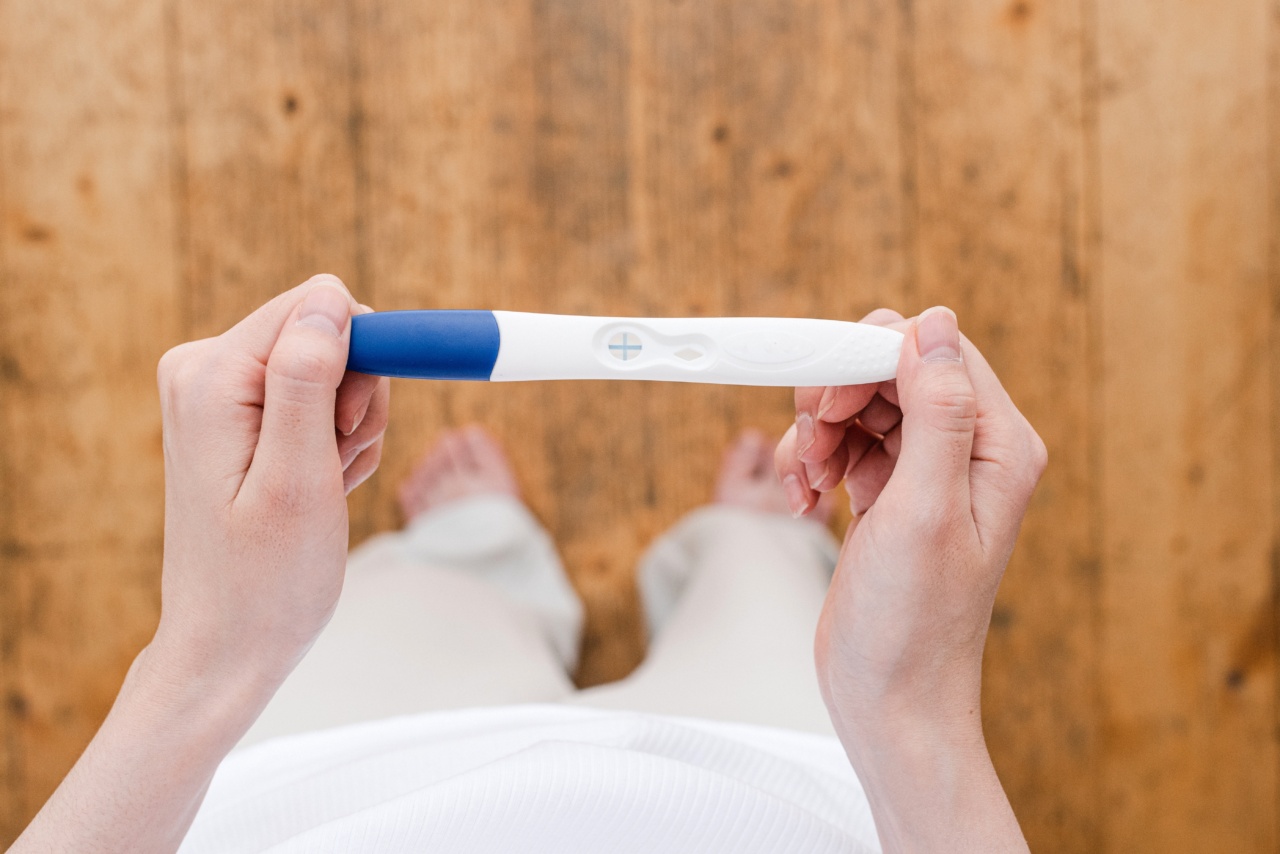Pregnancy loss, whether natural or through a medical procedure, can be a devastating experience for women. Apart from dealing with the emotional pain, women may also worry about losing their ability to conceive in the future.
One common concern among women is whether removal pregnancy has an impact on their fertility. In this article, we explore the possible effects of removal pregnancy on a woman’s fertility.
What is a Removal Pregnancy?
Also known as a medically induced abortion, a removal pregnancy involves the use of medication or surgery to terminate a pregnancy.
The procedure is usually performed in the first trimester of pregnancy and is considered safe when carried out by a qualified medical professional. The reason for choosing a removal pregnancy may vary, including birth control, health concerns for the mother or an abnormality in the fetus.
The Impact of Removal Pregnancy on Fertility
There is a lot of speculation regarding the impact of removal pregnancy on a woman’s fertility. Some believe that undergoing an abortion could lead to difficulties in conceiving in the future.
However, studies have not shown any evidence to support this claim.
According to the American College of Obstetricians and Gynecologists, “there is no evidence to suggest that a single induced abortion has any adverse effect on a woman’s fertility.” The procedure does not cause damage to the uterus, ovaries, or fallopian tubes. The body is fully capable of healing and recovering from the procedure, allowing women to continue their reproductive lives as usual.
However, a woman’s overall reproductive health plays an important role in her fertility, and it’s essential to ensure that there are no underlying health conditions that may compromise her ability to conceive.
For instance, a history of sexually transmitted infections (STIs) can lead to damage to the fallopian tubes, which may interfere with ovulation and fertilization.
When Can Women Try to Conceive After a Removal Pregnancy?
After a removal pregnancy, it’s advisable to wait for a couple of weeks before engaging in sexual activity. This allows the body to heal and recover from the procedure.
While a woman’s menstrual cycle may take a little while to return to normal after an abortion, it’s still possible to conceive. In fact, studies have shown that women who conceive shortly after an abortion have no higher risk of complications during pregnancy or childbirth.
If a woman is having difficulty conceiving after a removal pregnancy, it may be due to other factors such as age, weight, and overall reproductive health.
In such cases, seeking medical advice is recommended to identify any underlying issues and get the necessary treatment.
Conclusion
Removal pregnancy does not have any significant impact on a woman’s fertility. The procedure itself does not cause any damage to reproductive organs, and the body can recover fully from the procedure.
A woman’s overall reproductive health plays a more significant role in her fertility, and it’s crucial to address any underlying issues that may affect her ability to conceive.






























